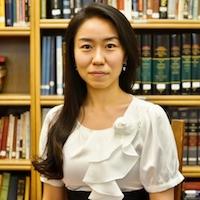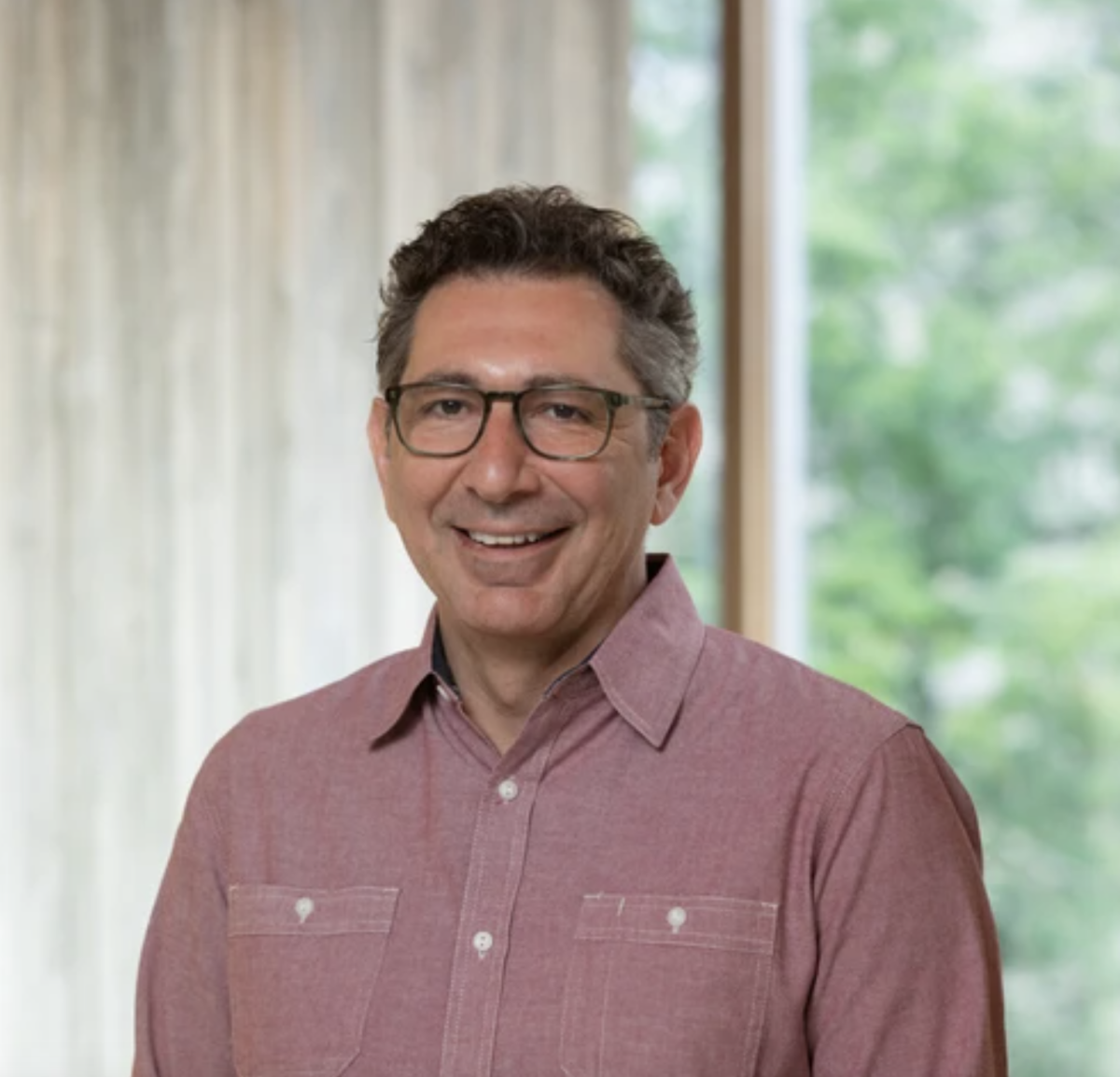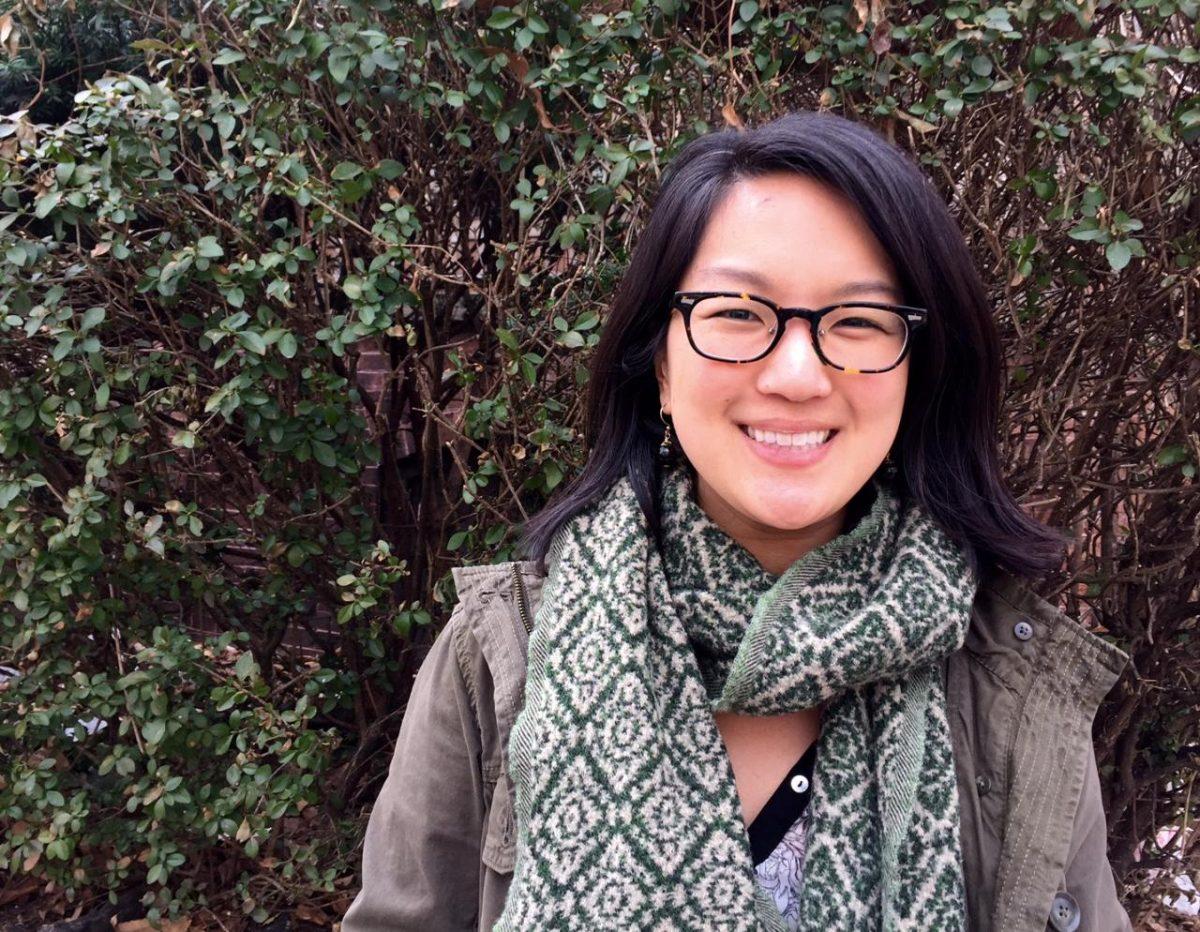With increasing unemployment and unrest in the European Union and the rise of sensational books such as Thomas Picketty’s “Capital in the Twenty-First Century,” there couldn’t be a more exciting time for Professor Eunice Han, Visiting Lecturer in the Wellesley Department of Economics, to be doing her research.
As a labor economist, Han studies the interplay of workers, employers and wages and their effect on employment and income. Labor economics also takes into account how prices, wages and even working conditions change the economic behavior of both employer and employees.
“Currently, I am researching the intergenerational structure of families and the parental transfers to their offspring,” Han said. In essence, she studies how parents transfer their socioeconomics status to their children, and how this transfer affects the rising income inequality in the United States.
It has long been debated whether economics is a science, namely because of the inability to run controlled experiments in the field. Even if there was an opportunity to run an economic experiment, the international community unanimously agrees that running experiments on society is grossly unethical. However, as a social science, economics uses the scientific method to tackle social problems by relying on natural experiments which we can utilize using historical data.
Han argues that, though economics makes ample use of mathematics, it is still a social science. Economics should not be confused with sciences such as physics or chemistry; each field utilizes the same techniques and methods, but answers fundamentally different questions.
“Like other scientists, economists observe a phenomenon of society, develop a theory to explain it, and test the theory to see if it proves true by collecting data and analyzing it,” Han said.
And like the natural sciences, which offer alternative energy sources, new drugs to cure diseases and the World Wide Web, economics contributes to society in meaningful ways.
“The biggest contribution that economists make is that we can identify and tackle social problems and make policy suggestions. When those policies are rightly established and well administered, they can make a big difference,” Han asserted.
Han is also dedicated to her teaching. In high school Han found her love for teaching by serving as a peer tutor. In college, her passion for both teaching and research drew her to pursue a Ph.D and life in academia.
“I have a passion for both the teaching and research experience, and I relish the vitality of a school environment. Academia is the perfect place that offers these elements!” Han exclaimed.
However, different universities differ in teaching style based on size and student capabilities. Han found that her teaching style quickly adapted after spending time at Harvard, which differs greatly from Wellesley’s small, liberal arts environment. This can be attributed to smaller class sizes, a single sex environment and the honor code.
“My first semester was both challenging and enjoyable. I learned right away how intelligent and inquisitive our Wellesley students are, and I admire the manner in which they approach and master the material in the classroom and witness and apply its relevance outside of it,” Han remarked.
One of the reasons why Han was drawn to Wellesley was the opportunity to have closer relationships with her students and to help them pursue their interests by offering guidance on internships and research.
“I would like to be a mentor recalled by students when they reach their goals. In college, I was blessed to meet a professor who showed me that I could be more than what I imagined. He encouraged me to pursue a higher degree, which led me to where I am now,” Han said.
Photo courtesy of Wellesley College
Diederique van der Knaap ’18 is a contributing columnist for the Features section. She enjoys science, hiking, reading (especially George Eliot and Willa Cather), and documentaries. She is best reached at [email protected] or @ddVDK on Twitter









